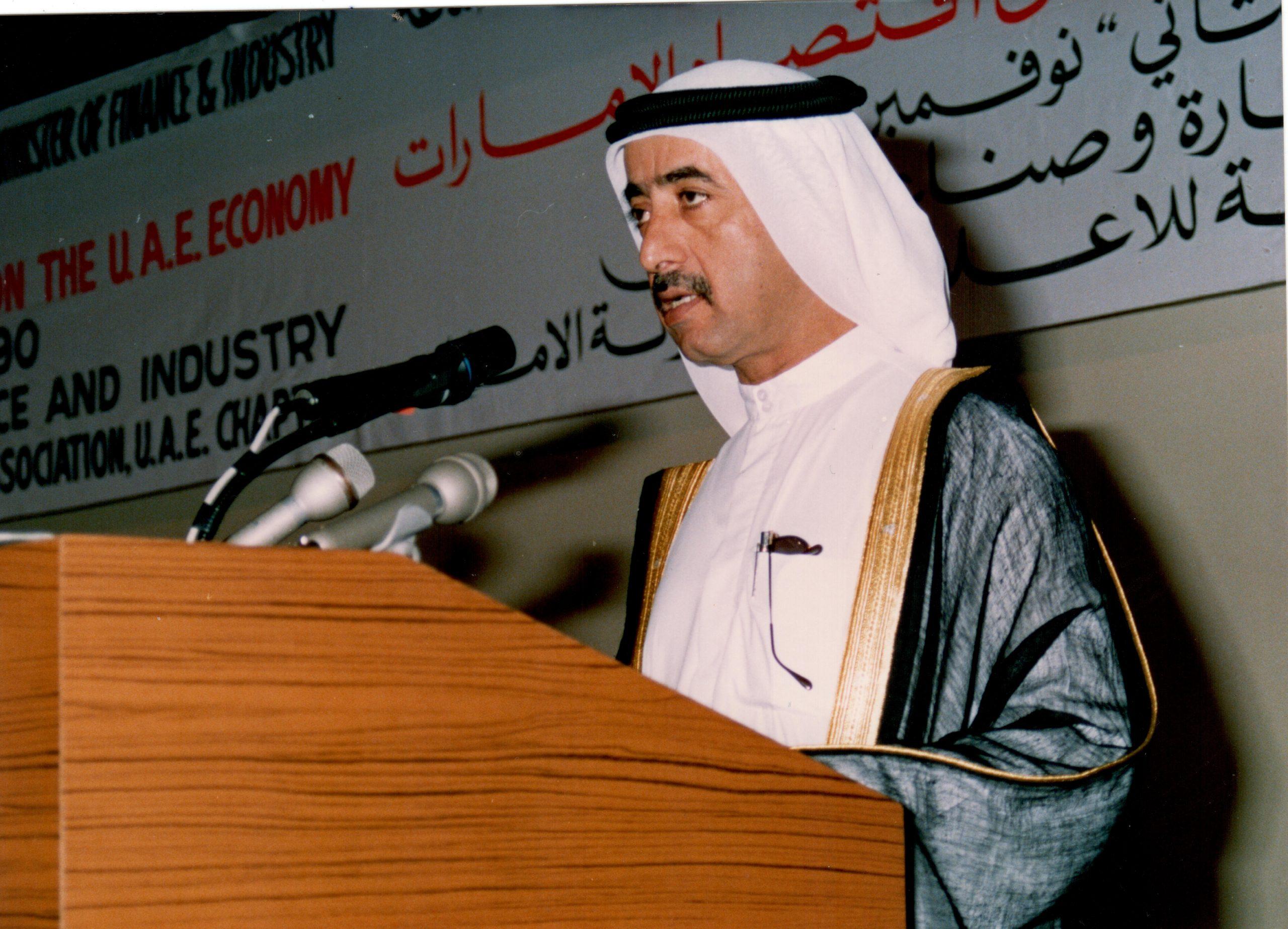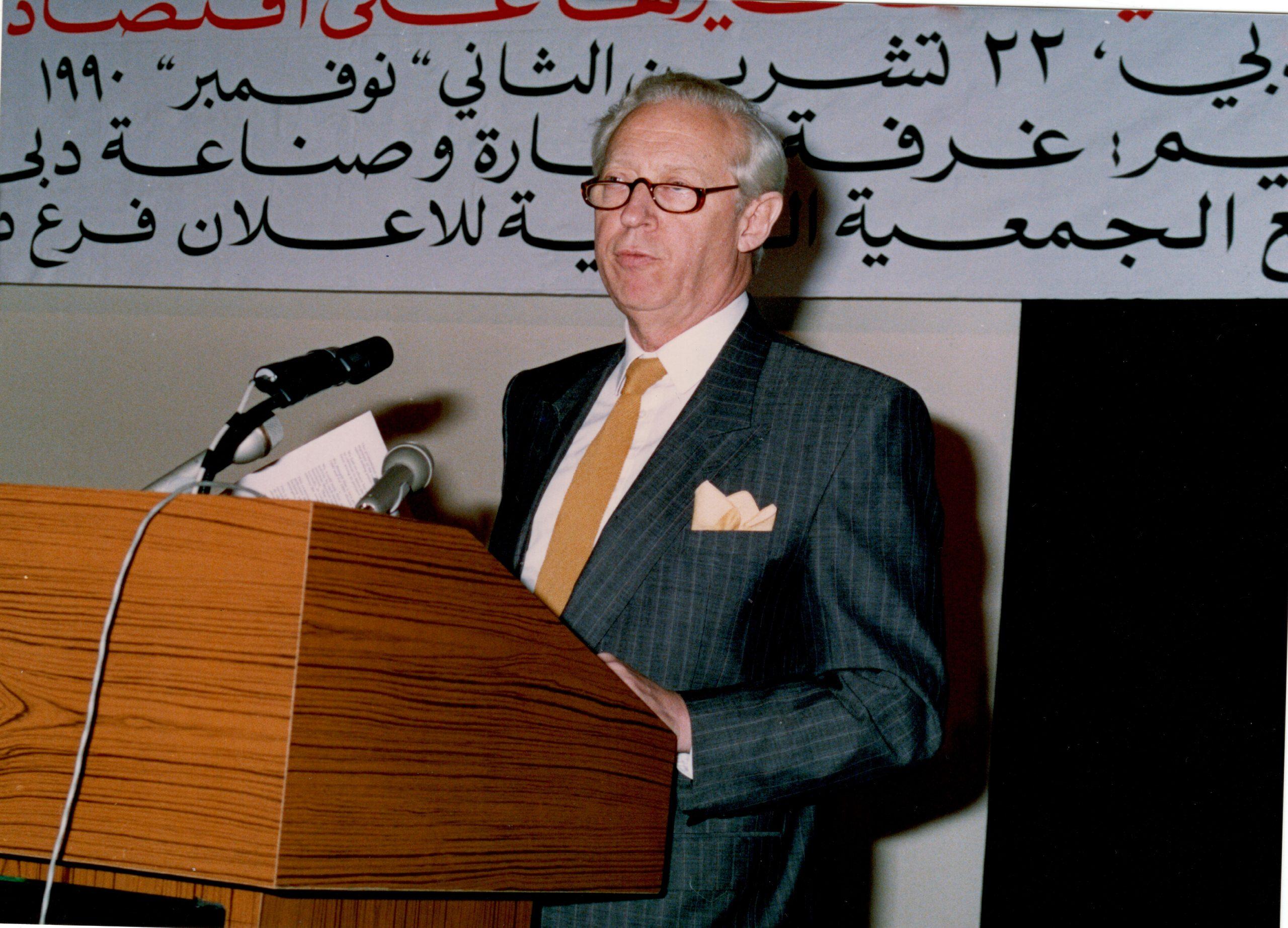On 2 August 1990, the Iraqi army of Saddam Hussein invaded Kuwait and caused dramatic changes to the business climate of the GCC, including major havoc to the Gulf media scene. At the time, all Arab TV stations were owned and operated by their respective governments, and accordingly their programs were dictated by the ministries of information. Hence, they were heavily censored and largely educational and religious. Viewership surveys did not exist and whenever there were attempts to introduce one, they were instantly banned.
TV news bulletins always began with news of the king or the ruler. His visitors, meetings, social and official events, as well as the messages of greeting he sent and received. This was followed by similar coverage of the activities of the crown prince or prime minister. Then coverage moved to the neighboring states and the same pattern was repeated. No matter how important the global news (wars, revolutions, natural disasters, and the like), such news was not announced until after all the news of the GCC states had been covered.
This could explain why it took almost a week for all GCC TV stations to mention the invasion of Kuwait, because no state wanted to reveal which side (Iraq or Kuwait) it backed. What’s more, none of the GCC states had any details to report. It seemed they were all scared that the marching Iraqi army would be coming their way. All Gulf TV stations stopped airing advertising and the business of ad agencies came to a standstill.
This situation dragged on until January 1991, when President George Bush launched Operation Desert Storm. This was followed by the surprising link-up of all GCC TV stations with a novel global TV service called CNN. That week, for the first time Arab TV viewers sat watching the war unfold in front of their eyes. Royal palaces and the seats of the ruling sheikhs lost their priority status and all interest shifted to the battlefield.
Desert Storm attracted journalists and TV reporters from all over the world, who travelled from the UAE to the battlefront daily and returned to their hotels in Dubai at night. Business activity in Dubai, just like all other Gulf cities, had dropped off in a painful manner. At the IAA, we felt it was our responsibility to help. We formed a committee and toured Dubai’s business leaders, where we found many who believed that Dubai was not suffering in the same way as the rest of the region. Some even said that Desert Storm was helping local businesses to boom. We instantly checked with those business leaders on their willingness to communicate these facts to the media, and the moment we had enough of them on board we approached the authorities requesting permission to organize an international press conference under the theme, “In Dubai, it is business as usual”.
The rationale behind our request was based on the recent survey amongst Dubai’s business leaders, and the fact that most of the media covering on Desert Storm had made Dubai their base. Organizing a press conference here would guarantee a captive audience at such a crucial time. The office of Sheikh Hamdan Bin Rashid Al Maktoum initially rejected our request, so we carried on with our preparation and asked those Dubai hotels with large function rooms to provide a quote. It seems this leaked to the authorities, who quickly changed their mind, calling me to the office of Sheikh Hamdan and offering the IAA the use of Dubai Chamber of Commerce and Industry’s auditorium for the press conference.
We sent our invitations to all the major hotels in Dubai, asking them to deliver the invitations to all the international media staying with them. We asked them to supply us with the names of all who had received these invitations, which included an RSVP. We also sent invitations to the diplomatic corps in the UAE. The conference was finally planned for the 22th of November 1990. Two days before, I received a phone call from my family in Lebanon, telling me my father has passed away. I flew to Beirut early the next morning, thus missing the press conference, which was led by the chapter’s vice president. The speakers represented most business sectors – from hospitality to electronics – and cited surprising stories, such as that told by the leader of the electronics traders. He said that the sale of cameras and watches had soared as large numbers of coalition forces and international media regularly bought gifts during their frequent rotating visits. Similar facts were presented by the representatives of other business sectors, including the real estate spokesman, who explained that tens of thousands of Kuwaitis had taken shelter in Dubai, which had opened its hotels and residential buildings to them. The Dubai Ports Authority spokesman explained how the ports of Dubai had become harbors for their neighbors. The press conference was extremely successful, and the authorities appreciated the local chapter of the IAA for this timely initiative.

